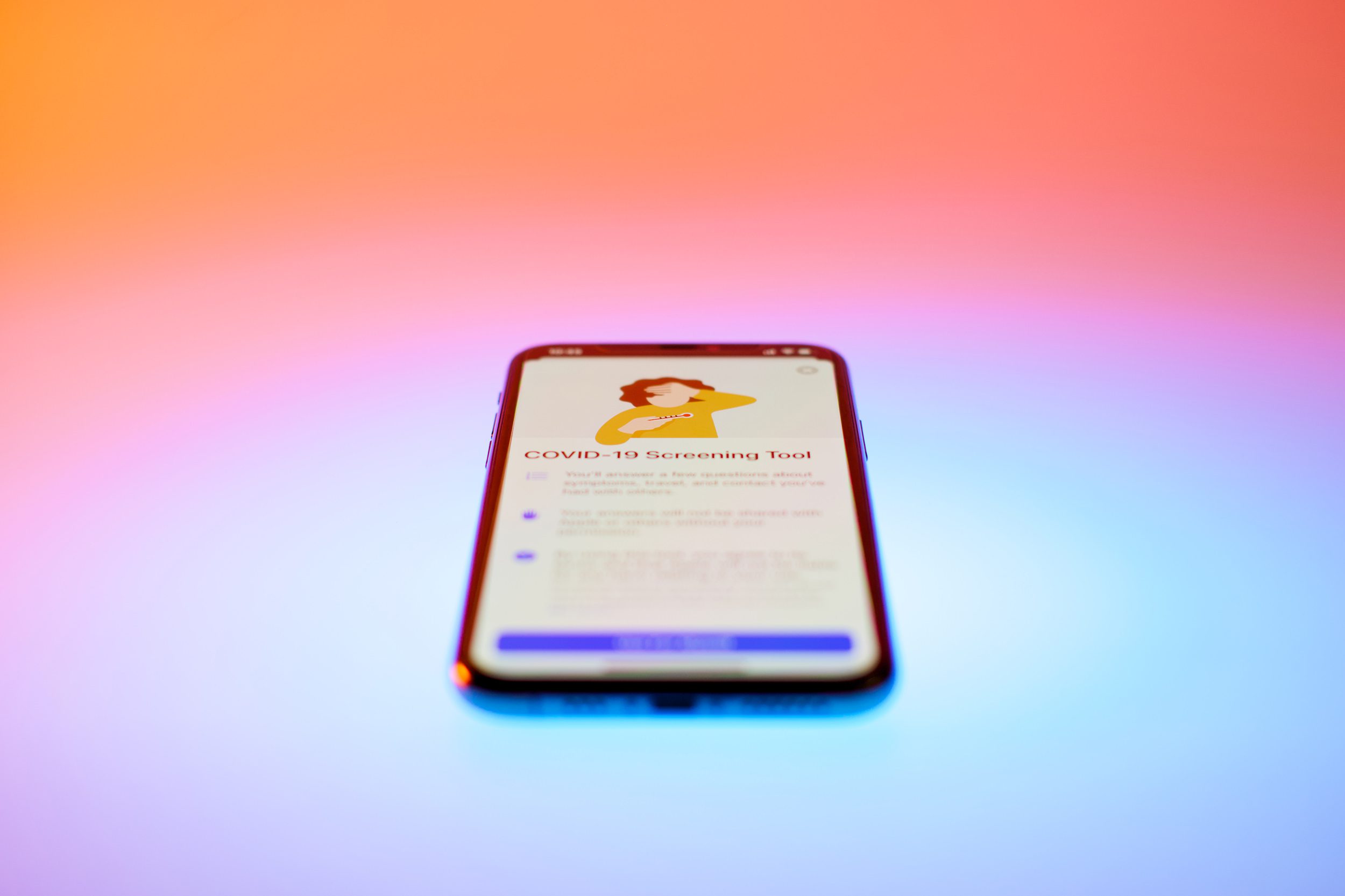
The response to the COVID-19 pandemic has saturated our society with massive amounts of data, from location data that measures social distancing efforts to apps, graphs, and charts modeling future trends or helping you assess your symptoms, all accessible at the click of a button. A recent article published in the Harvard Business Review, “Which Covid-19 Data Can You Trust?,” delves into the various technological solutions that have emerged in the face of the pandemic and the potential they pose to provide unreliable information to the populace and policymakers. More than ever, it has become essential to increase engagement between subject-matter experts and decision-makers to manage the reliability of COVID-19-related data moving forward.
The authors of the article — Dr. Satchit Balsari, Assistant Professor in Emergency Medicine at Harvard Medical School; Dr. Caroline Buckee, Associate Professor of Epidemiology at Harvard T.H. Chan School of Public Health; and Dr. Tarun Khanna, Jorge Paulo Lemann Professor at Harvard Business School and Director of the Mittal Institute — are part of a team that has founded a network of infectious disease epidemiologies at universities and institutions worldwide, called the COVID-19 Mobility Data Network (CMDN).
The Mittal Institute led the effort to bring together scholars from various academic institutes across India to contribute to the COVID-19 Mobility Data Network. On a daily basis, these scholars liaise with policymakers to provide updates on the efficacy of social distancing measures through the use of anonymized, aggregated data sets from mobile devices. Using the location data provided by technology companies and mobile phone operators, researchers can learn more about how people are moving around, helping to identify methods to slow transmission and understand the effectiveness of public messaging and guidance.
“Countries across South Asia are being impacted by the biological, societal and political responses to COVID-19. The urgency of do-something-itis has resulted in a proliferation of ‘models’ and prediction tools and apps — which distract from pressing clinical and public health needs on the ground. It is imperative that all in this ecosystem pay careful attention to what these technologies can and cannot do,” says Dr. Balsari.
The COVID-19 outbreak has uncovered just how much tech companies can collect when it comes to human mobility data, and the CMDN team knows that the misuse of this type of data can also negatively impact individuals and groups. Through the creation of the Network, the team seeks to promote engagement between subject-matter experts — such as epidemiologists — and policymakers moving forward, preventing the misinterpretation of data and better prioritizing needs on the front lines of the pandemic.
